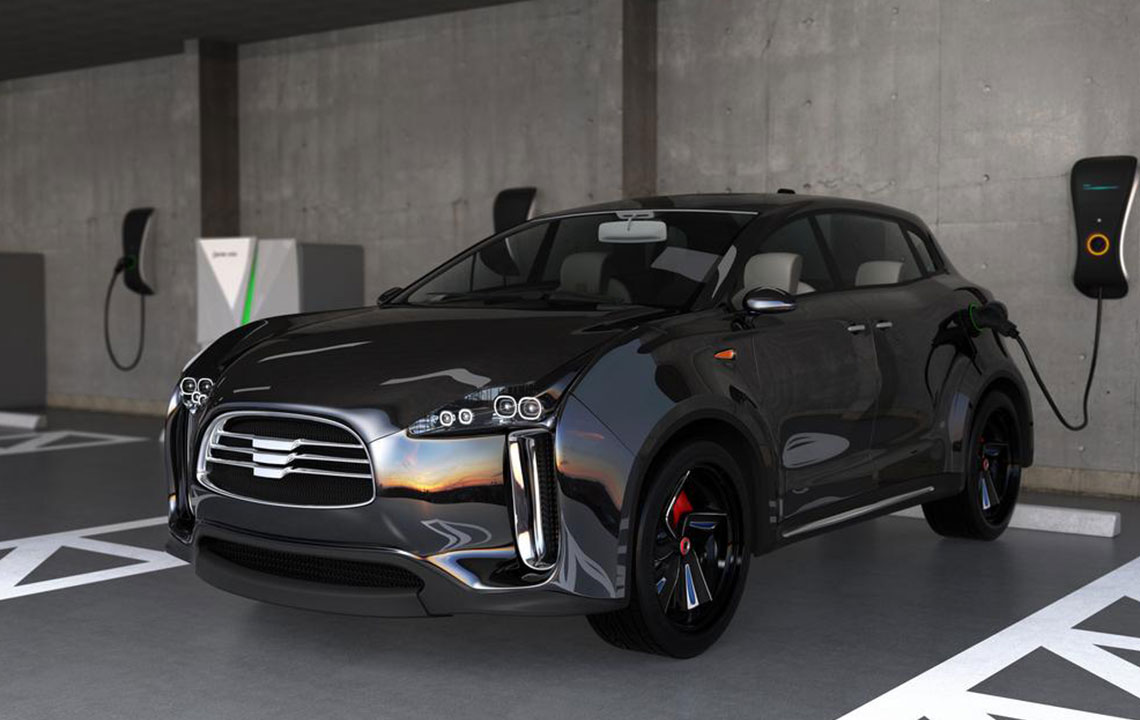Comprehensive Overview of Electric Vehicle Ownership Expenses
This comprehensive guide explores the total costs involved in owning an electric vehicle, including purchase price, charging, maintenance, insurance, and depreciation. It compares popular models like Tesla Model 3, Nissan Leaf, and Chevrolet Bolt, highlighting their features and expenses. Understanding these financial aspects helps buyers make informed decisions about EV ownership. As technology advances, owning an electric car is becoming more economical and accessible, offering significant savings on fuel and maintenance while supporting eco-friendly transportation.

Exploring the Costs Associated with Electric Car Ownership
Electric vehicles (EVs) are revolutionizing transportation by providing cleaner, more eco-friendly alternatives to traditional gasoline-powered cars. With increasing government support worldwide and growing environmental concerns, EV adoption is expanding rapidly. However, potential buyers often wonder about the overall ownership costs. This article breaks down the financial factors involved in owning an electric vehicle, comparing different brands, pricing, and long-term expenses to guide informed purchasing decisions.
Why Select an Electric Vehicle?
Before delving into costs, it’s essential to understand the key reasons EVs are becoming popular:
Eco-Friendly Impact: EVs produce zero tailpipe emissions, aiding in reducing air pollution and addressing climate change.
Cost Savings on Operation: Charging is generally cheaper than fuel, and EVs require less maintenance due to fewer moving parts.
Government Incentives: Tax credits, rebates, and other incentives in various regions help offset initial purchase expenses.
Quiet and Smooth Drive: Electric motors deliver seamless, silent acceleration, enhancing the driving experience.
While they offer numerous benefits, it’s crucial to consider total ownership expenses, including purchase price, charging, maintenance, insurance, and depreciation.
Key Factors Affecting EV Ownership Costs
1. Purchase Price
Electric vehicles tend to have higher upfront costs compared to similar gasoline models due to costly batteries. Nonetheless, technological advances and production scale are gradually decreasing these costs.
2. Battery Life and Replacement
Battery lifespan ranges from 8 to 15 years, with warranties covering up to 8 years or 100,000 miles. Replacement costs are dropping, making it unlikely most owners will need a new battery during their vehicle's lifespan.
3. Charging Expenses
Charging at home remains affordable, averaging around $0.13–$0.15 per kWh, depending on electricity rates. Fast charging stations, while more expensive, still cost less per mile than gasoline.
4. Maintenance Costs
EV maintenance is less costly due to fewer components—no oil changes or exhaust system repairs are necessary. Regular services include tire rotations and brake inspections, often costing up to 50% less than conventional cars.
5. Insurance Rates
Insurance premiums for EVs are usually higher because of their higher values and repair expenses, but rates are decreasing as EVs become more common and repair costs decline.
6. Vehicle Depreciation
Depreciation generally impacts EVs more steeply than traditional cars, though models like the Tesla Model 3 maintain better resale value thanks to battery durability and technological innovations.
Leading Electric Models: Pricing and Cost Insights
| Brand | Model | Price Range (USD) | Range per Charge (Miles) | Annual Maintenance | Battery Warranty (Years) | Annual Insurance |
|---|---|---|---|---|---|---|
| Tesla | Model 3 | $35,000 - $55,000 | 250 - 350 | $400 - $600 | 8 - 10 | $1,200 - $1,500 |
| Nissan | Leaf | $28,000 - $38,000 | 150 - 226 | $300 - $500 | 8 | $1,000 - $1,300 |
| Chevrolet | Bolt EV | $26,000 - $38,000 | 259 | $300 - $500 | 8 | $1,000 - $1,200 |
| Ford | Mustang Mach-E | $43,000 - $61,000 | 230 - 312 | $400 - $600 | 8 | $1,200 - $1,500 |
| Audi | e-tron | $65,000 - $85,000 | 222 - 250 | $500 - $800 | 8 | $1,500 - $2,000 |
| Volkswagen | ID.4 | $40,000 - $46,000 | 250 - 300 | $400 - $600 | 8 | $1,200 - $1,500 |
| BMW | i3 | $45,000 - $50,000 | 153 | $400 - $600 | 8 | $1,300 - $1,700 |
Top Models at a Glance:
Tesla Model 3: Cost $35k–$55k, range 250–350 miles, annual maintenance $400–$600, battery warranty 8-10 years, insurance $1,200–$1,500.
The Model 3 offers impressive range and advanced features, retaining high resale value despite higher initial costs.
Nissan Leaf: Cost $28k–$38k, range 150–226 miles, maintenance $300–$500, 8-year battery coverage, insurance $1,000–$1,300.
Recognized for affordability and practical daily use, with a shorter range suitable for city commuting.
Chevrolet Bolt EV: Cost $26k–$38k, range 259 miles, maintenance $300–$500, 8-year warranty, insurance $1,000–$1,200.
Offers great value with reliable range for cost-conscious buyers.
Ford Mustang Mach-E: Cost $43k–$61k, range 230–312 miles, annual costs $400–$600, 8-year warranty, insurance $1,200–$1,500.
Modern, versatile electric SUV perfect for family use and urban driving.
Although initial purchase costs are higher, the potential savings in fuel and maintenance, along with advancing technology and expanding charging networks, make EV ownership increasingly affordable. Assess your driving habits and budget, and consider popular options like Tesla, Nissan, and Chevrolet to find your ideal EV. Innovations in battery tech and infrastructure promise even better value and performance for everyday driving.
Sources:
Tesla Official Site
Nissan EV Information
Chevrolet Bolt EV
Ford Mustang Mach-E
Audi e-tron
Volkswagen ID.4
Note:
Our articles aim to provide helpful insights across various topics. While based on thorough research, they are not exhaustive. Verify details and current offers before making a purchase decision. The editorial team disclaims responsibility for inaccuracies or discrepancies.


